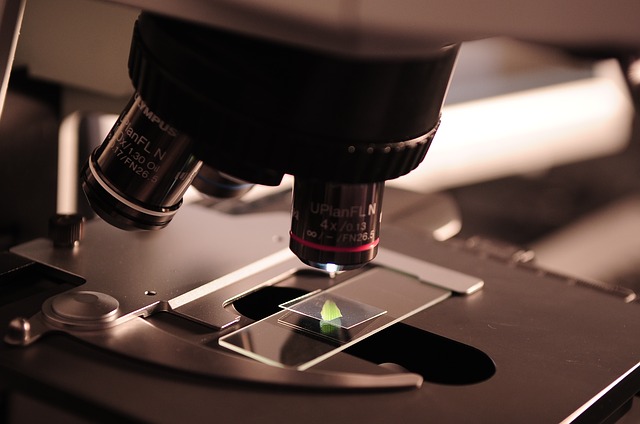How science is important to your health

In celebration of National Science Week, which encourages Australians to take interest in scientific knowledge, Whole Vitality wants to highlight the central role science plays in our health - and in naturopathic practice.
Scientific discoveries continue to refine our understanding of how the human body works.
We are lucky today to have access to medical technologies and treatments that are helping us live healthier, happier and longer lives.
So-called “folk” or "traditional" medicine (such as herbal remedies and tactile therapies) are part of this history of modern medicine and remains part of the body of knowledge at our disposal. While science has built on and improved traditional knowledge, many of these approaches and medicines remain as relevant and effective as ever. Not only that, it is important that we conduct more research into alternative and traditional medicine so we can offer people the best chances of recovery as we continue to build up our picture of human health.
Naturopathy as a science
Contrary to some misconceptions out there, naturopathy is strongly grounded in a scientific approach
Naturopathy begins with a recognition of the body as a complete system. It sets out to address the underlying cause of illness using approaches and substances that cooperate with the body’s natural processes as much as possible. This requires a systematic and holistic approach that takes into consideration many interacting factors such as diet and lifestyle, and emotional and physical manifestations of disease. We use a variety of scientific tools to assess and treat patients including meta-analysis and controlled trials, in addition to clinical evidence, just like your GP or specialist.
As naturopathy integrates the vast body of ancient knowledge on human health with cutting-edge modern medicine, naturopaths like myself work closely with other health practitioners such as GPs and other medical specialists to get the best outcomes for our clients. This requires an understanding of how western and traditional medicines/treatments interact, and how different drugs, herbs and nutrients are metabolised. Not to mention how physical activity and lifestyle influence natural processes in the body.
Naturopaths are highly-trained in the health sciences and use evidence-based approaches to treating illness
Graduates of Health Science degrees, like myself, are required to complete an intensive, four-year bachelor program with many of those hours spent on biology and chemistry. At the Southern School of Natural Therapies where I completed by studies, there was a big focus on finding and critically reviewing evidence for treatments as well as understanding the pathophysiology of disease. We learned about biochemical pathways, nutrient take-up and delivery, and potential interactions between nutrients, hormones, supplements… As a health practitioner, I continue to update and maintain this knowledge when new information comes to light by reviewing recent research and attending accredited training.
Is it any wonder that Health Science degrees require such a solid grasp on science when you consider that a naturopath must use trial and error to not only remove symptoms but address the underlying causes of disease? By recommending changes to diet and lifestyle and prescribing supplements (where needed), naturopaths can help their clients overcome conditions that have plagued them for years. Take for example a client who discovered he had thyroid problems after I recommended blood tests with his GP due to underlying, long term fatigue, physical aches and pains as well as declining mental health. By using my knowledge of the thyroid and its influence over the body’s metabolic processes we have been able to support his body to improve his energy levels and other symptoms through appropriate supplementation and dietary change.
More research is needed
There have been many controlled studies study to provide the evidence-base for naturopathic practices and treatments. However, as the scientific body of knowledge is always growing, it is important to stress the need for further research into integrative medicine. This will ensure its benefits are increasingly accessible as more and more Australians take an active interest in promoting their long-term, overall health. With universities and research bodies such as CSIRO showing increasing interest in the scientific study of complementary medicine, it is my hope that in future more Australians will get access to the best of both traditional and western medicine in order to prevent illness and maintain optimal health.